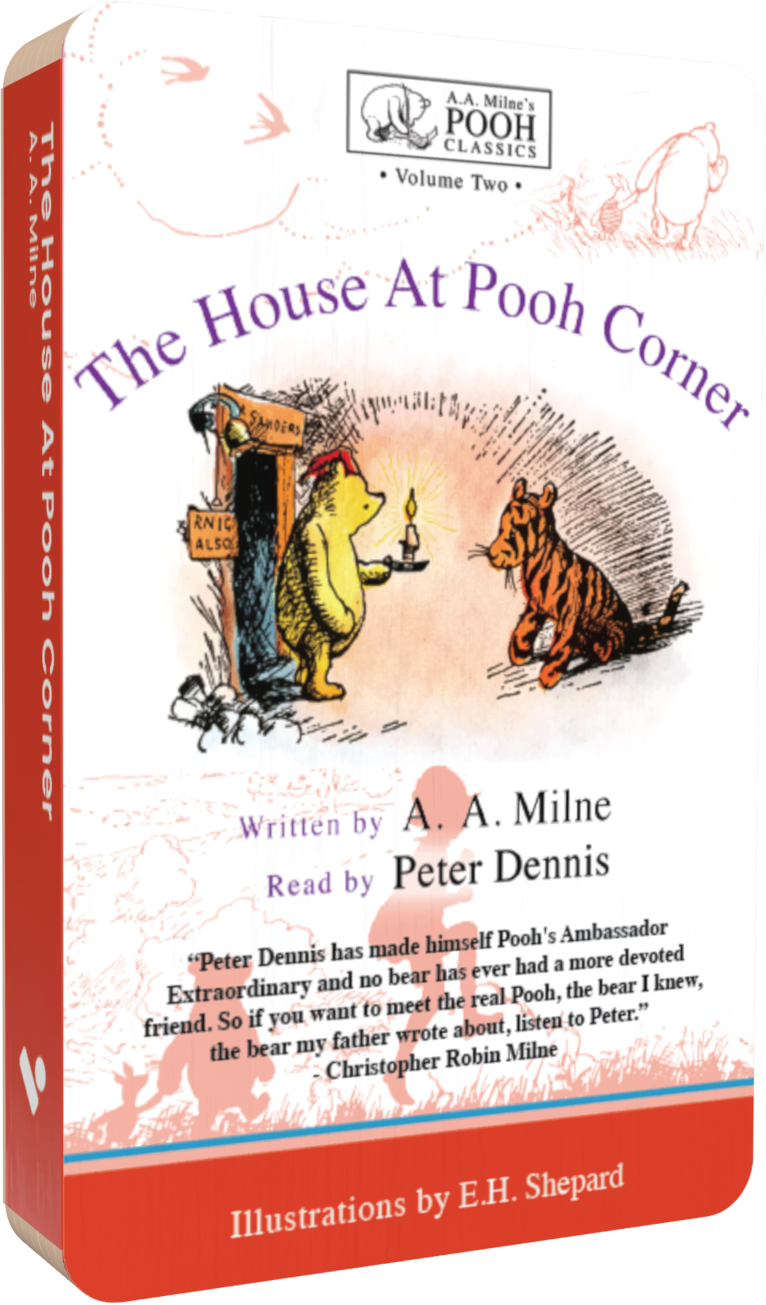Is It OK for Kids to Listen to Audiobooks?
Absolutely! It is not only okay for kids to listen to audiobooks, but it can also be highly beneficial for their development. Audiobooks provide a unique way for children to engage with stories and language, offering several advantages:
-
Improves Listening Skills: Listening to audiobooks helps children develop important listening skills. It teaches them to focus on spoken words, follow along with a narrative, and absorb information through auditory means.
-
Enhances Imagination and Creativity: Unlike visual media, audiobooks require children to use their imagination to picture characters, settings, and actions. This can enhance creativity and encourage kids to think more deeply about the story and its elements.
-
Makes Reading Accessible: Audiobooks are a great way to make stories accessible to children who may struggle with traditional reading. This includes kids with dyslexia, visual impairments, or other learning challenges. Audiobooks provide an alternative way for these children to enjoy books and develop a love for stories.
-
Encourages a Love for Books: Audiobooks can serve as a gateway to a lifelong love of reading. By introducing children to engaging stories and captivating narrations, audiobooks can spark an interest in books that might eventually lead to reading more independently.
-
Promotes Multitasking and Convenience: Audiobooks allow children to enjoy stories while doing other activities, like travelling in the car, relaxing before bed, or during quiet time. This multitasking ability makes audiobooks a convenient way to keep children engaged and entertained.
Addressing Concerns: Some parents worry that audiobooks might replace traditional reading or that they are a "lazy" alternative to reading print books. However, research shows that audiobooks provide similar benefits to reading, such as exposure to complex vocabulary and language structures, comprehension skills, and storytelling. Audiobooks should not be seen as a replacement but as a complementary tool that can enhance a child's overall literacy development. Encouraging both listening to audiobooks and reading physical books can provide a well-rounded experience that caters to different learning styles and preferences.
Do Audiobooks Count as Reading for Kids?
The question of whether audiobooks "count" as reading has been a topic of debate among educators, parents, and literacy experts. Here’s a closer look at the different perspectives:
-
Cognitive Engagement: When children listen to audiobooks, they engage cognitively with the content in ways similar to reading. They follow the plot, understand characters, and make predictions about what might happen next. Audiobooks can stimulate the same parts of the brain that are involved in comprehension and imagination when reading text.
-
Exposure to Language and Literature: Audiobooks expose children to rich language, complex vocabulary, and various writing styles, much like traditional books. Listening to audiobooks can help children understand language nuances and develop a sense of pacing, tone, and emphasis in storytelling.
-
Support for Struggling Readers: For children who have difficulty reading due to learning disabilities, attention disorders, or other challenges, audiobooks can be a vital tool. They allow these children to access and enjoy books without the frustration of decoding text, enabling them to develop a positive relationship with stories and reading.
-
Enhanced Comprehension: Listening to audiobooks can actually improve comprehension for some children. Hearing a skilled narrator read aloud can help children better understand the rhythm and flow of sentences, grasp the meaning of new words through context, and follow more complex plots that might be challenging to read independently.
The Verdict: While audiobooks do not involve the visual decoding of words, they still provide many of the same cognitive and educational benefits as traditional reading. For this reason, many experts agree that audiobooks do "count" as reading, especially when it comes to fostering a love of literature, enhancing comprehension skills, and developing vocabulary. It’s best to view audiobooks as an enriching complement to print reading rather than a substitute.
Do Audiobooks Increase Vocabulary?
Yes, audiobooks can significantly enhance a child's vocabulary and language skills. Here’s how:
-
Exposure to New Words: Audiobooks introduce children to a wide range of vocabulary that they might not encounter in everyday conversation. By listening to different genres and authors, children hear new and varied words that expand their vocabulary.
-
Contextual Learning: When children listen to audiobooks, they learn new words in context. Hearing a word used in a sentence with proper emphasis and inflection helps them understand its meaning and usage more effectively than seeing the word in isolation.
-
Improved Pronunciation and Comprehension: Audiobooks provide correct pronunciations of words, which is particularly beneficial for words that are less common or complex. This exposure can help children learn how to pronounce new words correctly, boosting their confidence when speaking or reading aloud.
-
Enhanced Listening and Language Skills: Listening to well-narrated audiobooks can improve children's overall language skills, including grammar, syntax, and comprehension. They learn how sentences are constructed, how dialogue flows, and how stories are paced, all of which contribute to a deeper understanding of language.
-
Repeated Exposure: Children often enjoy listening to the same audiobook multiple times, which reinforces vocabulary and comprehension. Repeated exposure to the same words and phrases helps children internalize new vocabulary, making it more likely to become a part of their active vocabulary.
In summary, audiobooks are a powerful tool for language development. They not only introduce children to new words but also teach them how to use those words in context, enhance their pronunciation, and improve their overall language comprehension. Encouraging children to listen to audiobooks can be a fun and effective way to build their vocabulary and foster a love for language and storytelling.






